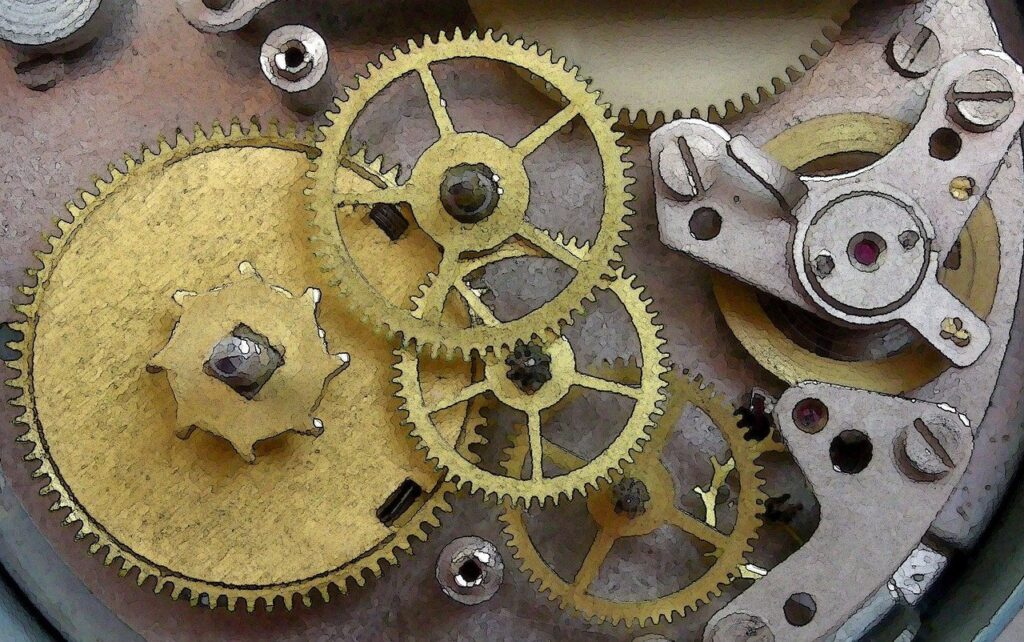A couple of weeks back I was at Cisco Live and I met with the executives of three interesting startups that Cisco is helping financially. These firms were very different and mostly had little to do with Cisco’s core business, but each could have a significant impact on making the world a better place. This is consistent with Cisco’s overarching corporate responsibility goal of positively impacting 1 billion people by 2025 (their impact is at around 300 million today). Cisco clearly stands out with their corporate responsibility efforts in a world where it often looks like the companies and politicians around us are mostly in it for themselves and often don’t even seem to care about their customers, investors, or constituents. This makes it not only important that companies like Cisco step in to fill the gap but also set a better example for all of us.
The three companies were Dot Learn, Liberty Mechatronics, and Neopenda. Let’s take each in turn.
Dot Learn
One of the biggest problems regarding providing equal internet access is that in much of the world their bandwidth sucks. We are talking data speeds that would challenge Twitter and make YouTube—which is a critical resource for training and how-to videos—practically unusable. So, in the area where there is the greatest need for video content to help teach folks what they need to do, they don’t have the bandwidth for it. Dot Learn developed a technology called vide-vectorization which enables the delivery of online video lessons using one percent of the bandwidth of traditional online video. This makes these videos affordable and available across the developing world.
Of course, it struck me, that this would also work on airplane Wi-Fi which SUCKS in much the same way, and that would make my flights far more enjoyable. I’m an MVP Gold 75K member on Alaskan Airlines and have a monthly Wi-Fi subscription which is generally a waste of money and this could fix much of that inexpensively. So, the market for this solution is potentially far greater than the firm may realize.
Liberty Mechatronics
Liberty Mechatronics developed a sensor that does real time oil analysis in engines. Since I’m a race fan, I immediatly saw this as a racing opportunity because this sensor could alert drivers and teams of a catastrophic problem before the engine exploded (a common and very dangerous occurrence particularly when drag racing). But, in developing countries, the loss of an engine used in a generator, vehicle, or pump could be far more catastrophic because many of these areas are not only remote, they lack the funding for replacement. They can often get parts, but a full engine would be problematic. Getting early warning on a failure could make the difference between having electricity and water or not.
So, while the folks on Street Outlaws would likely kill for this sensor (this is a street drag racing reality TV show I’m hooked on) the more important world benefit is assuring folks that have little more than power and water keep getting both.
Neopenda
In the emerging markets, nearly 3 million newborn babies die every year with 80 percent dying due to easily preventable causes. Neonatal monitors in the market today cost around $7,500 each and these markets just can’t afford them. Neopenda has developed a wearable neonatal monitor that costs $2,500 for a bundle of 15 monitors, so for the cost of one existing neonatal monitor you could protect 45 babies. Now, given how cost-focused our hospitals are, I’m thinking they could first make a killing in the developed market with a higher margin offering and then use some of the money to donate solutions to the emerging market providing even greater leveraged coverage, but they are a very small company and the path to FDA approval is likely beyond their capability alone. We are talking about saving the lives of babies and while Cisco is helping this is one solution that could do amazing things with a backer like the Gates Foundation (which, sadly, isn’t focused on this problem at the moment).
This is the one that tugs at my heart the most and my hope is they find a funding source adequate for their important vision.
Wrapping Up
These companies are a showcase of Cisco’s heart and their willingness as a company to fund startups who could make the world a better place. Except for Dot Learn, which could be strategic to Cisco as part of a communications solution, these firms have little to do with the company’s bottom line and everything to do with their desire to make the world a better place. Its nice to have companies that showcase heart—I just wish we had more of them. Given Millennials prefer to work and buy from companies that do this, my expectation is that the example that Cisco is setting will spread to other companies. For me it couldn’t happen fast enough.
- The Human Element: HP’s Latest Security Report and My Near-Miss with a Digital Predator - July 11, 2025
- The Mighty Mini: Why HP’s Z2 Mini G1a Workstation Is the Unsung Hero of AI Development - July 7, 2025
- The HP OmniBook X Flip 2-in-1 16-Inch: Your New Digital Swiss Army Knife (Now in Glorious Atmospheric Blue) - June 25, 2025




Comments are closed.